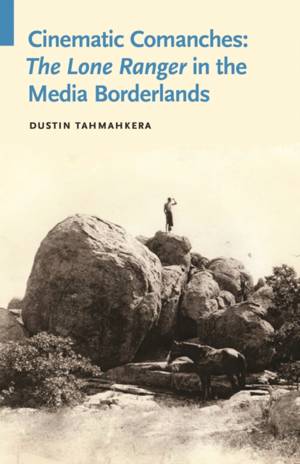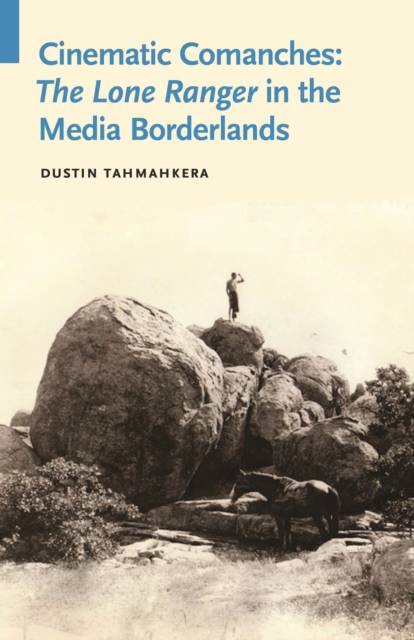
- Retrait gratuit dans votre magasin Club
- 7.000.000 titres dans notre catalogue
- Payer en toute sécurité
- Toujours un magasin près de chez vous
- Retrait gratuit dans votre magasin Club
- 7.000.0000 titres dans notre catalogue
- Payer en toute sécurité
- Toujours un magasin près de chez vous
Description
For centuries Comanches have captivated imaginations. Yet their story in popular accounts abruptly stops with the so-called fall of the Comanche empire in 1875, when Quanah Parker led Comanches onto the reservation in southwestern Oklahoma. In Cinematic Comanches, the first tribal-specific history of Comanches in film and media, Parker descendant Dustin Tahmahkera examines how Comanches represent themselves and are represented by others in recent media. Telling a story of Comanche family and extended kin and their relations to film, Tahmahkera reframes a distorted and defeated history of Comanches into a vibrant story of cinematic traditions, agency, and cultural continuity. Co-starring a long list of Comanche actors, filmmakers, consultants, critics, and subjects, Cinematic Comanches moves through the politics of tribal representation and history to highlight the production of Comanchería cinema. From early silent films and 1950s Westerns to Disney's The Lone Ranger and the story of how Comanches captured its controversial Comanche lead Johnny Depp, Tahmahkera argues that Comanche nationhood can be strengthened through cinema. Tahmahkera's extensive research includes interviews with elder LaDonna Harris, who adopted Depp during filming in one of the most contested films in recent Indigenous cinematic history. In the fragmented popular narrative of the rise and fall of Comanches, Cinematic Comanches calls for considering mediated contributions to the cultural resurgence of Comanches today.
Spécifications
Parties prenantes
- Auteur(s) :
- Editeur:
Contenu
- Nombre de pages :
- 288
- Langue:
- Anglais
- Collection :
Caractéristiques
- EAN:
- 9780803286887
- Date de parution :
- 01-01-22
- Format:
- Livre broché
- Format numérique:
- Trade paperback (VS)
- Dimensions :
- 140 mm x 216 mm
- Poids :
- 367 g

Les avis
Nous publions uniquement les avis qui respectent les conditions requises. Consultez nos conditions pour les avis.






